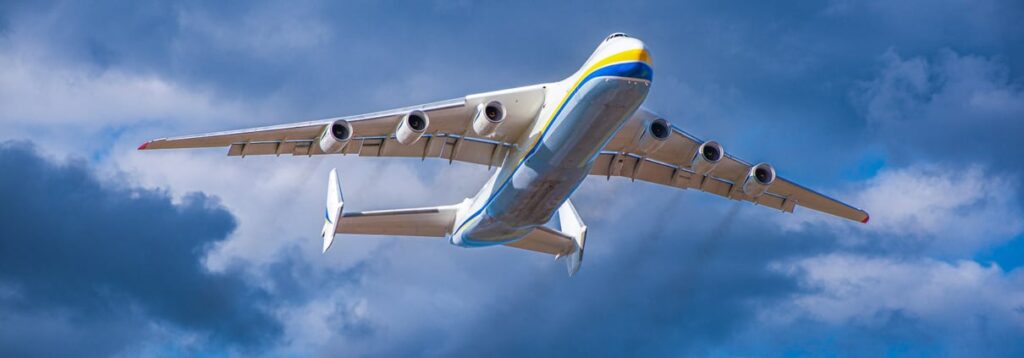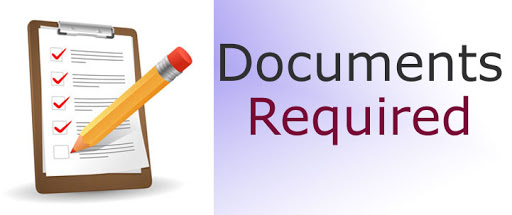- By TOP CHINA FREIGHT
- September 26, 2025
- Air Freight, Shipping
Table of Contents
Air freight China to UK is one of the most important trade lanes in global logistics, driven by demand for speed, reliability, and efficiency. With rising trade in electronics, textiles, machinery, and pharmaceuticals, businesses often rely on air shipping to ensure time-sensitive cargo reaches the UK in days instead of weeks. While sea freight is cheaper, it cannot match the quick delivery and reduced risk offered by air cargo. This guide explores everything importers need to know, from costs and transit times to customs compliance and packaging.

Why Choose Air Freight from China to the UK?
Air freight is chosen when businesses prioritize time, reliability, and safety over cost. Goods that are perishable, urgent, or high-value often move by air. Electronics, medical equipment, and fashion goods are prime examples.
- Speed: Delivery takes 3–7 days compared with 30–40 days by sea.
- Security: Lower risk of theft or damage due to tighter handling protocols.
- Flexibility: Daily departures from major Chinese airports like Shanghai, Beijing, and Shenzhen.
What Are the Average Costs of Air Freight China to UK?

Air freight pricing depends on chargeable weight, volume, cargo type, and surcharges like fuel or security. High-value goods may require additional insurance.
| Factor | Impact on Cost | Example Range (per kg) |
|---|---|---|
| General cargo | Standard rates | $4–$7 |
| High-value goods | Added insurance & handling | $6–$9 |
| Perishable goods | Cold chain logistics | $7–$12 |
| Dangerous goods | IATA compliance | $8–$15 |
Note:
Prices fluctuate with fuel costs, seasonality, and airline capacity.
How Long Does Air Freight Take from China to UK?
Transit time varies depending on route, customs clearance, and cargo handling.
| Route | Estimated Transit Time |
|---|---|
| Shanghai to London Heathrow | 3–5 days |
| Shenzhen to Manchester | 4–6 days |
| Beijing to Birmingham | 5–7 days |
Although delays can occur due to customs or peak seasons, air freight is consistently faster than sea freight.
How Does Air Freight Compare to Sea and Rail?
| Mode | Transit Time | Cost | Pros | Cons |
|---|---|---|---|---|
| Air Freight | 3–7 days | High | Fast, reliable, secure | Expensive, weight limits |
| Sea Freight | 30–40 days | Low | Cheapest for bulk | Very slow |
| Rail Freight | 18–25 days | Medium | Balance of cost & speed | Limited capacity |
What Customs Documents Are Needed for Air Freight?

Proper documentation ensures smooth clearance in both China and the UK.
| Document | Purpose |
|---|---|
| Commercial Invoice | Declares product value |
| Packing List | Confirms cargo details |
| Air Waybill (AWB) | Transport contract with airline |
| Certificate of Origin | Proof of manufacturing country |
| Import Licenses (if needed) | For restricted goods |
Incomplete paperwork often leads to costly delays.
How Does Cargo Type Affect Air Freight Costs?
Require secure handling and insurance.
Need cold chain, raising costs.
Must comply with IATA regulations, adding fees.
May face volumetric charges if bulky.
What Role Does Packaging Play in Air Freight Success?
- Cost Savings: Lightweight, durable packaging reduces chargeable weight.
- Cargo Safety: Foam inserts, corrugated boxes, and reinforced edges protect fragile goods.
- Compliance: IATA-approved packaging is mandatory for dangerous goods.
- Customs Efficiency: Clear labels and standardized sizes speed clearance.
Effective packaging prevents damage, reduces costs, and ensures smooth customs clearance.
What Are the Key Challenges in Air Freight China to UK?
Capacity Shortages:
Peak seasons like Christmas cause space issues.
Solution: Book early or use cargo consolidation.
Customs Delays:
Incorrect paperwork triggers inspections.
Solution: Double-check documents with an experienced forwarder.
High Costs:
Air freight is expensive for bulky cargo.
Solution: Use multimodal transport when possible.
Sustainability Concerns:
Air freight has a larger carbon footprint.
Solution: Opt for carbon-offset programs or greener packaging.
Case Study: Electronics Shipment from Shenzhen to London

A UK retailer urgently needed 2 tons of smartphones for a product launch. Sea freight was not viable due to a 35-day transit. The goods were shipped via air freight China to UK, arriving in London within 4 days. Despite higher shipping costs, the company met its launch date, avoided stockouts, and generated significant sales revenue. The premium paid for air freight was outweighed by business gains.
Which Airports Handle Air Freight Between China and the UK?
- In China: Shanghai Pudong (PVG), Beijing Capital (PEK), Shenzhen Bao’an (SZX), Guangzhou Baiyun (CAN).
- In the UK: London Heathrow (LHR), Manchester (MAN), Birmingham (BHX), East Midlands (EMA).
Direct connections between these airports support frequent, reliable services.
Conclusion
Air freight China to UK is the fastest and most secure method for shipping time-sensitive, high-value, or perishable goods. While costs are higher than sea or rail freight, the speed and reliability make it essential for many businesses. By preparing proper documentation, using efficient packaging, and working with an experienced forwarder, importers can minimize risks and maximize efficiency. For companies needing to meet deadlines and protect supply chains, air freight remains the best choice.
Need a Shipping Quote?
If you want expert guidance and peace of mind, our team is ready to assist.
TJ China Freight offers tailored solutions to help businesses of all sizes ship more reliably from China.

FAQ
Q1:What types of goods are best suited for air freight?
High-value, urgent, fragile, and perishable goods are best shipped by air.
Q2:How are air freight charges calculated?
Charges are based on actual or volumetric weight, whichever is greater.
Q3:Do I need special packaging for air shipments?
Yes, packaging must be lightweight, durable, and compliant with airline and IATA rules.
Q4:Can I ship dangerous goods by air freight China to UK?
Yes, but only with proper IATA-approved packaging, documentation, and labeling.
Q5:How can I reduce air freight costs?
Consolidating shipments, booking in advance, and optimizing packaging dimensions help lower costs.
